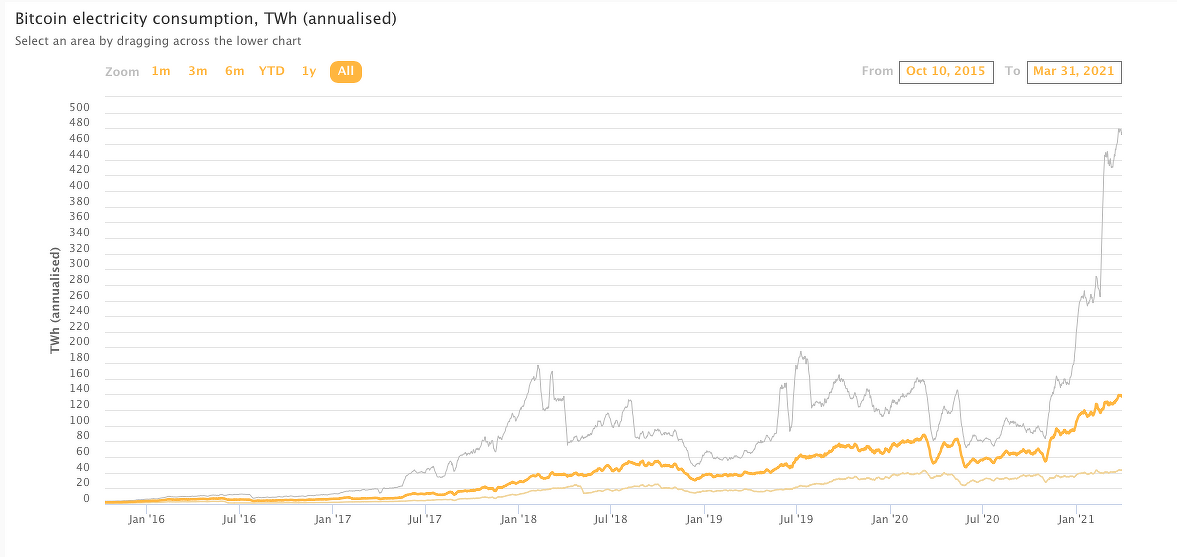Transparency International Pakistan (TIP) has alerted the Pakistan government to the over-invoicing of coal imports by Lucky Commodities, a national daily reported on Wednesday.
Lucky Commodities is part of the Yunus Brothers Group business conglomerate.
However, according to news reports, this claim of over-invoicing made by the anti-corruption watchdog findings has been rejected by the company.
Transparency International Pakistan’s letter said that Lucky Commodities has over-invoiced coal imports with the involvement of the exporter, GCL Dubai.
As per the details, GCL Dubai bought coal from a Singaporean-based trader, which was shipped from Indonesia to Karachi directly. The invoices issued for the deal showed approximately $10 per ton, higher than GCL Dubai’s purchase price.
TIP’s letter also mentioned that the freight charges were inflated and that the email address provided by GCL Dubai in its agreement with Mercuria Singapore, also belonged to Lucky Commodities.
ALSO READ
Digital Economy Vital to Curb Corruption: President Alvi
However, Lucky Commodities termed the Transparency International claims “highly misleading and defamatory”.
According to media reports, Lucky Commodities’ spokesperson said that all the entities mentioned in the letter, whether foreign or local, are all registered and disclosed in the records of the Securities and Exchange Commission of Pakistan, State Bank of Pakistan, and the Federal Board of Revenue. The spokesperson stated:
All transactions are declared trading activities between the entities and the amounts involved have been duly taxed in Pakistan. Also, the consignments imported have been declared on which duties and taxes have been paid as per the laws of Pakistan. Further, all exchange of funds has been through proper banking channel.
Over-invoicing is one of the most common trade-based money laundering methods. The importer submits inflated invoices, and then the exceeding value as compared to goods shipped to exporters is remitted to an external source, which is usually an associated company.
The customs office made a statement saying that over-invoicing was not common in the past but now several multinationals are found involved in it.
TIP has forwarded the complaint to the Federal Investigation Agency (FIA) regarding the money laundering of hundreds of millions of dollars through over-invoicing in coal imports since 2013.
